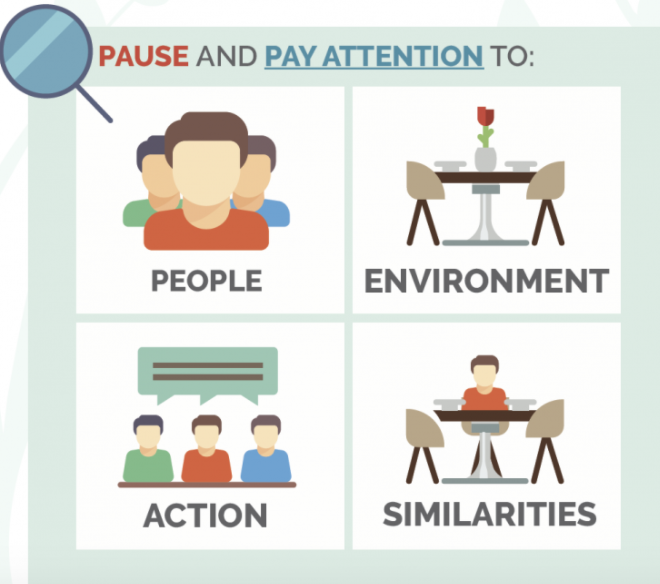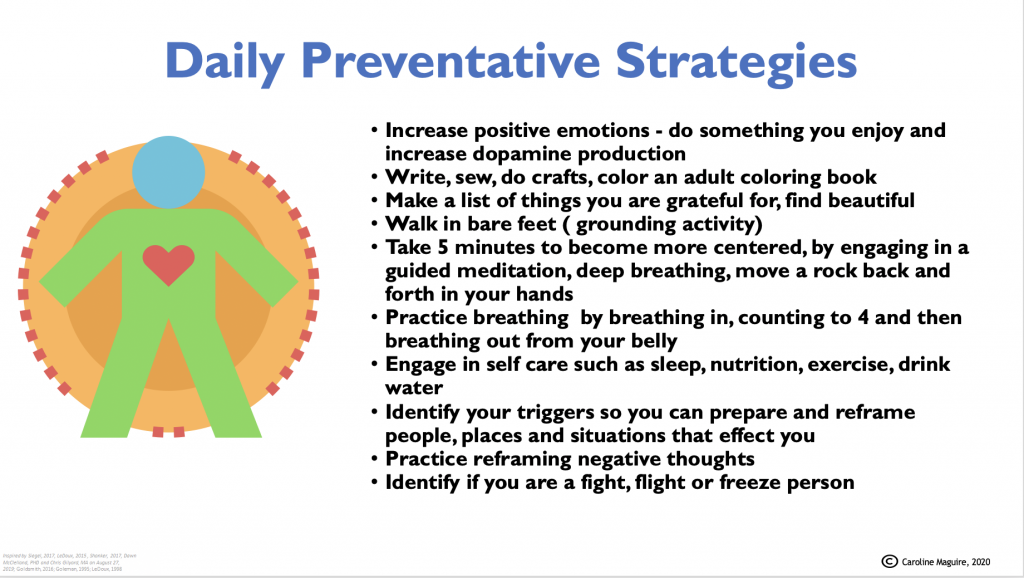Social Emotional Challenges of Gifted / Learning Differences Children and Adults

It is common for people with learning differences to experience powerful strengths but also social emotional challenges. Added social emotional challenges may affect gifted children with learning differences (also known as 2e or twice-exceptional i.e. they possess characteristics of both giftedness and learning differences ) because they are often confused and frustrated by the disconnect; how they can excel in certain areas and yet flounder in others.
This frustration can manifest in difficulties connecting to peers. Social skills and the ability to read social cues are often the culprit. Twice-exceptional (2e) people often struggle with perceptions of being different and feeling isolated.
Social skills come easily to some children: how to connect with peers, make conversation, join a group and read the room. For others, despite being gifted in some areas, they struggle to connect and are not sure how to make friends. But this can all change. The more we work with our child, the better we can help them use their unique brain wiring to connect and thrive.
How to Address the Social Emotional Challenges of Gifted Children and Adults
In my book Why Will No One Play with Me? I emphasize the need to highlight strengths and interests in order to increase passion, self-esteem, cooperation and collaboration when addressing challenges. I recommend that the whole-child be considered rather than specific weaknesses. This approach considers not only academics, but the also the social and emotional needs.
8 Strategies to Help Gifted / Learning Differences Children and Adults Socialize
1. Identify strengths and weaknesses –
The better we understand who we are and where we excel and where we falter, the better able we are to prepare for our future. This self-understanding goes a long way toward building self-acceptance.
2. Encouragement –
Positive reinforcement goes a long way toward building confidence and a willingness to collaborate and excel. Keep the encouragement realistic by working together to set achievable goals, work within their limitations, and celebrate their genuine accomplishments.
3. Self-Regulation –
Coping strategies to help ease frustration are critical to help overcome the desire to quit when tasks or situations become too challenging.
4. Counseling, if needed –
Counseling, particularly in a group setting, may be beneficial, especially if the child or adult can speak with others who are experiencing the similar difficulties and frustrations.
5. Consider the Whole-Person –
Remind yourself that twice-exceptional people are not just a label. They have individual needs and gifts. Encourage and positively reinforce their efforts, especially on challenging tasks.
6. Support the social and emotional needs –
Provide support in establishing and maintaining social relationships by encouraging positive social interactions with peers. Increase opportunities to act in leadership roles, especially in areas in which they excel.
7. Emphasizing potential –
Support students who are gifted with learning differences with future goals and career planning. Make sure that students are aware of their potential and do not sell themselves short.
8. Mentorship –
Find another peer, either adult or child, who is also gifted and may have already walked this road or can provide the kind of heartfelt advice that your child needs. This relationship can lend advice, encouragement and a chance to compare and commiserate, especially in times of frustration.
Many who are twice-exceptional struggle with understanding and demonstrating the social skills needed to maintain positive peer relationships. To address this struggle, we must first acknowledge – and then help them to understand – their individual gifts and needs. This understanding will help them better prepare for their future.
By providing support that targets the whole person, we have the opportunity to tap the full potential of gifted people with learning disabilities.




